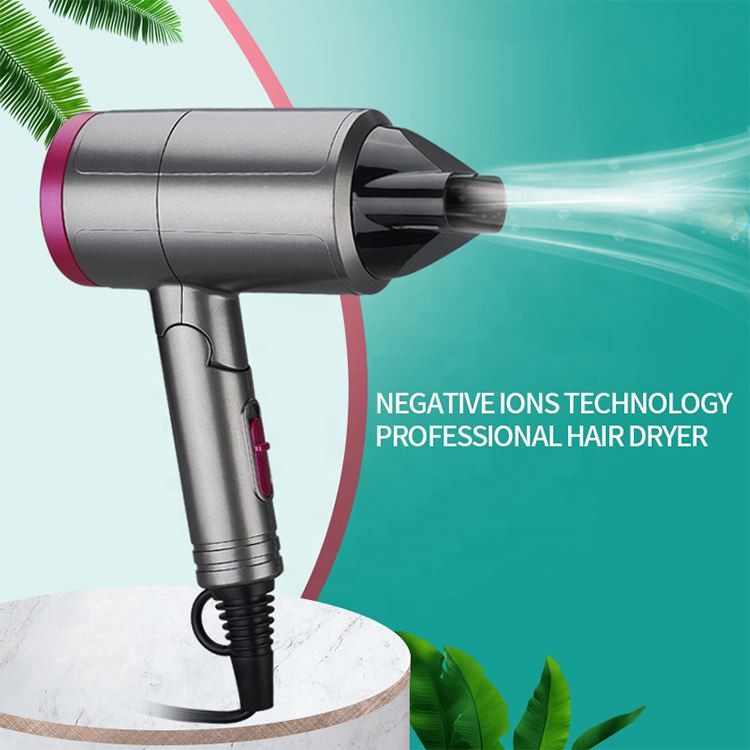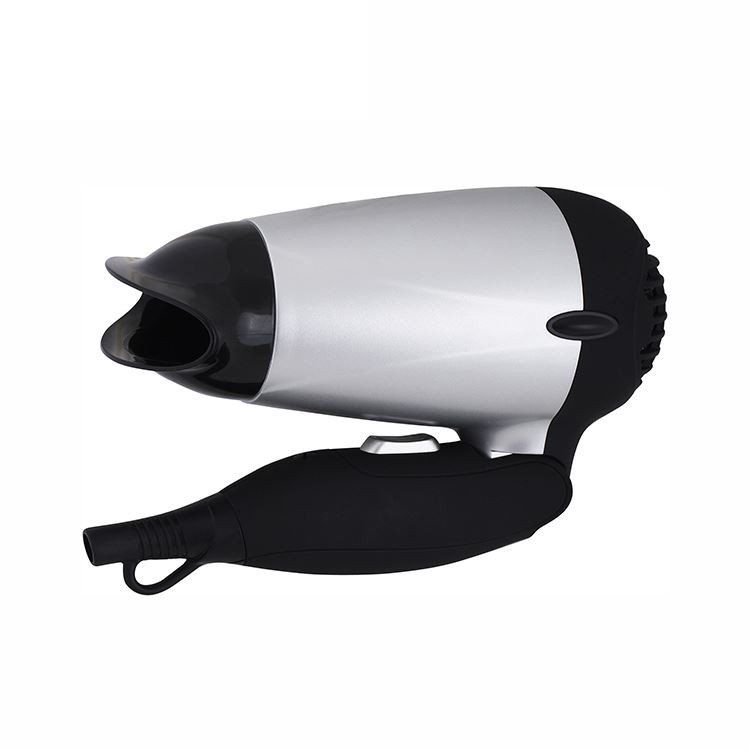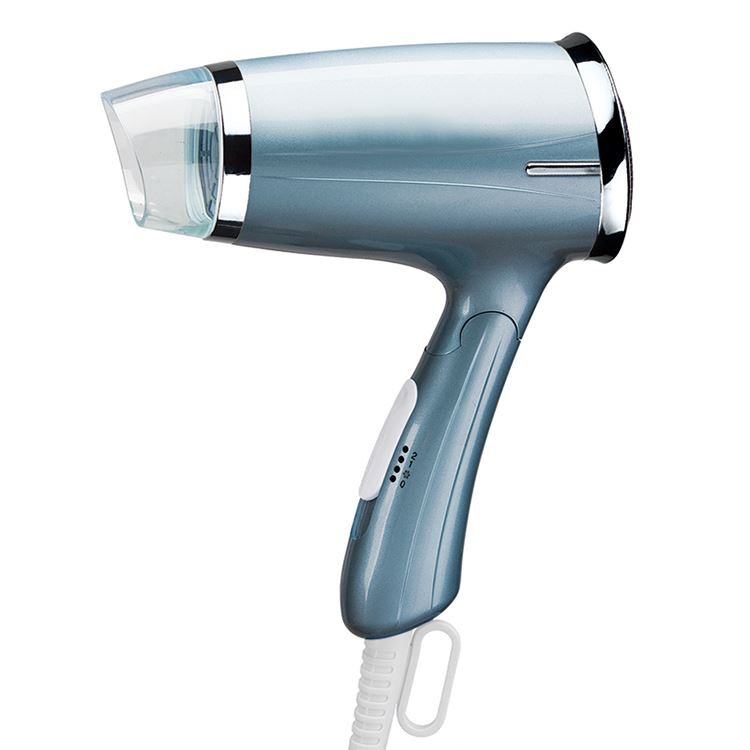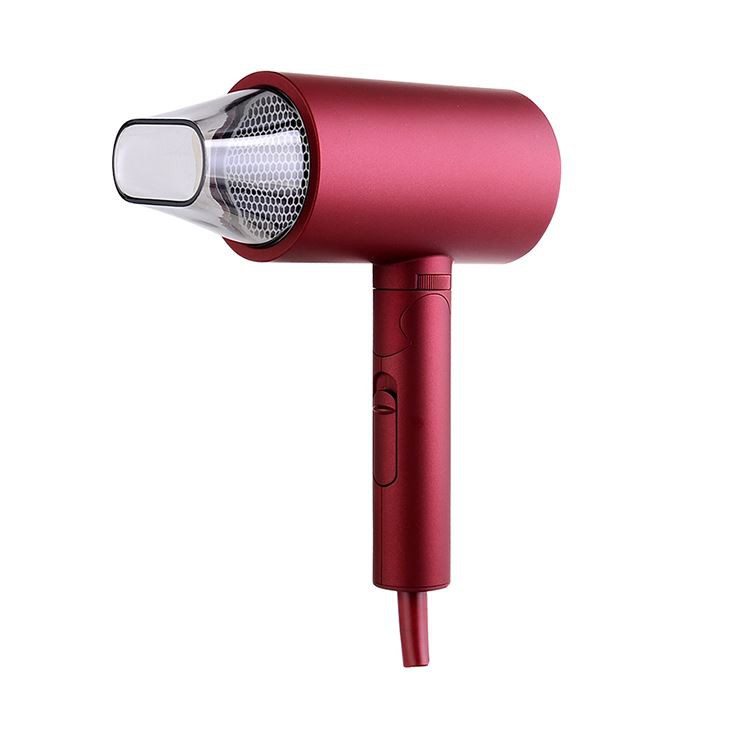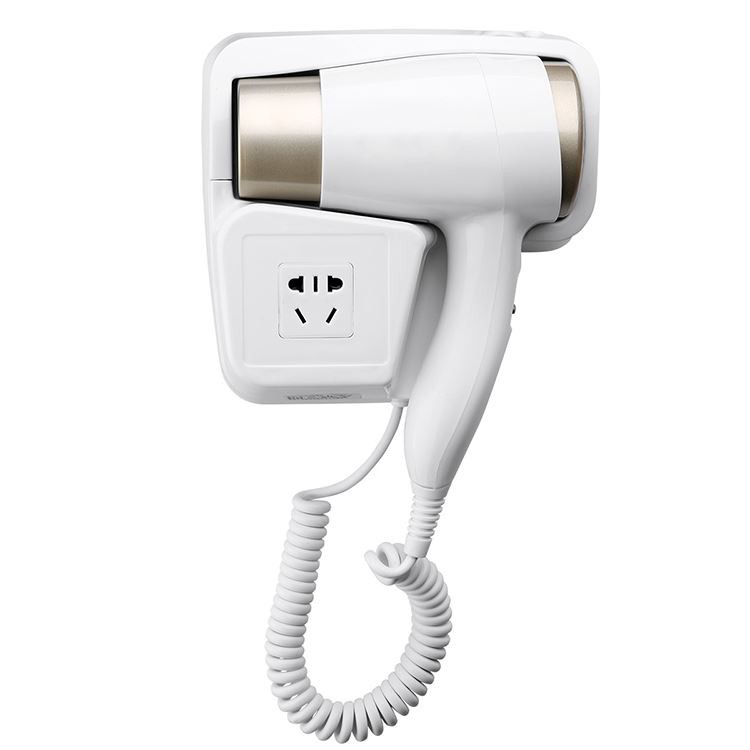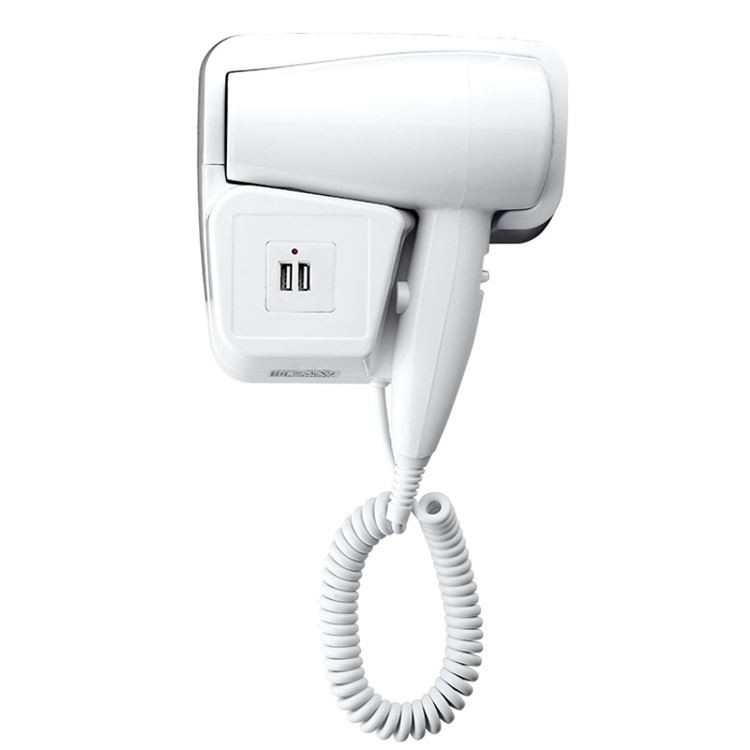1. Oral health is an important part of overall health
Oral health directly or indirectly affects overall health. Oral diseases such as caries and periodontal diseases can damage the hard tissues of the teeth and the supporting tissues around the teeth. In addition to affecting the functions and aesthetics of chewing and speaking, they can also cause difficulties in social communication and psychological barriers. Oral inflammation, especially periodontitis, can cause or aggravate certain systemic diseases such as coronary heart disease and diabetes, which endangers the health of the whole body and affects the quality of life.
2. Developing good eating habits is very important for maintaining oral health
Eating habits are closely related to dental health. Sugar and carbohydrates in the oral cavity are one of the main causes of caries. The main cause of dental caries is sucrose, followed by glucose and starch. If you regularly consume too much sugary sweets or drink too much carbonated beverages and fail to clean your mouth in time, it will cause tooth demineralization, causing caries or tooth sensitivity. The more times you eat sugar or drink carbonated drinks, the greater the risk of tooth damage. Therefore, you should try to reduce the number of times you eat sugar every day, drink less carbonated drinks, rinse your mouth with water or tea after eating, and stop brushing your teeth before going to bed at night Eating.
3. Brush your teeth in the morning and evening, rinse your mouth after meals
Brushing can remove dental plaque, soft dirt and food residues, maintain oral hygiene, and maintain the health of teeth and periodontal tissues. After brushing the teeth, plaque will quickly reattach to the clean tooth surface and continue to form, especially after falling asleep at night, the saliva secretion is reduced, the oral cavity self-cleaning effect is poor, and bacteria are more likely to grow. Therefore, brush your teeth at least twice a day, and it is more important to brush your teeth at night before going to bed. Rinsing after meals can remove food residues in your mouth and keep your mouth clean. Chewing sugar-free gum can also stimulate saliva secretion, reduce oral acidity, help fresh breath and clean teeth.
4. Promote the use of fluoride toothpaste to prevent caries
Toothpaste is a kind of preparation that assists in brushing teeth, which can enhance the friction of brushing teeth, help remove food debris, soft scale and dental plaque, help eliminate or reduce oral odor, and freshen breath. Adults only need to use about 1 gram (about 1 cm in length) of paste each time they brush their teeth. If other active ingredients are added to the toothpaste body, such as fluoride, antibacterial drugs, tartar control and anti-sensitivity chemicals, they will have the effects of preventing caries, reducing dental plaque, inhibiting the formation of tartar and anti-sensitivity.
Fluoride toothpaste has a clear anti-caries effect, and its wide application worldwide is one of the main reasons for the substantial decline in the incidence of caries. Using fluoride toothpaste to brush your teeth is a safe and effective anti-caries measure, especially suitable for children and the elderly who are prone to caries. But it should be noted: toothpaste is not a medicine, it can only prevent oral diseases or relieve symptoms, and cannot treat oral diseases. If you have oral diseases, you should seek medical treatment in time.
5. Oral health checks should be performed regularly
Oral diseases such as caries and periodontal disease often occur slowly. There are usually no obvious symptoms in the early stage, and it is generally not easy to detect. When the uncomfortable symptoms such as pain appear, it may have reached the middle and late stages of the disease. The treatment is more complicated, and the patient will suffer more pain and cost more. The treatment effect is not yet Must be very satisfied. Therefore, regular oral health checkups, at least once a year, can not only detect and treat oral diseases in time, but also help doctors take measures to prevent and control the development of oral diseases according to the situation.
6. In case of oral problems, early treatment is the key
Common oral diseases, such as dental caries and periodontal disease, are relatively hidden. There are almost no obvious symptoms in the early stage, and they are generally not easy to detect. When the discomfort symptoms such as pain appear, the disease may have reached the middle and late stages of the disease. The treatment is very complicated. Will suffer more pain and spend more money, and the treatment effect may not be very satisfactory. Therefore, if there is oral discomfort, early consultation is the key.
Dental plaque, food residue, and soft scale adhere to the surface of the tooth, combine with the minerals in the saliva, and gradually calcify to form tartar. The rough surface of tartar causes bad irritation to the gums, and is conducive to the adhesion of new dental plaque, which is a contributing factor to periodontal disease. Self-care methods can only remove dental plaque, not calculus. Therefore, it is necessary to go to the hospital regularly for dental cleaning by a dentist, preferably once a year. Tooth cleaning is the use of dental instruments by dentists to remove tartar and plaque deposited on the supragingival and subgingival areas around the gingival margin. There may be slight bleeding during the cleaning process, and there may be temporary tooth sensitivity after cleaning the teeth, but generally it will not damage the gums and teeth, let alone cause sparse interdental and loose teeth. Regular tooth cleaning can keep the teeth strong and periodontal healthy.






